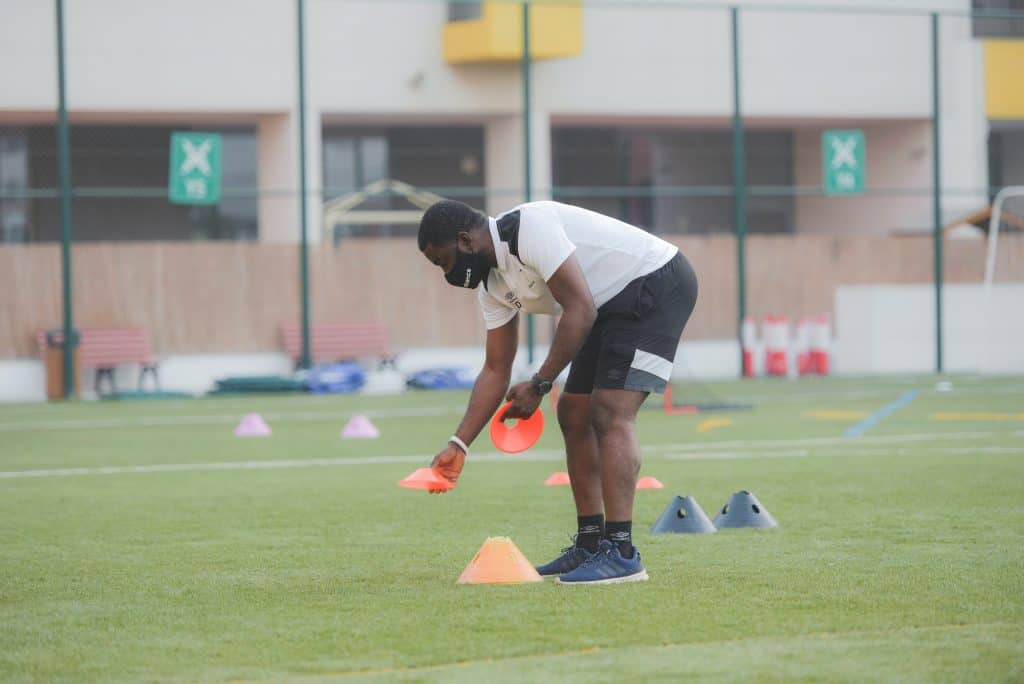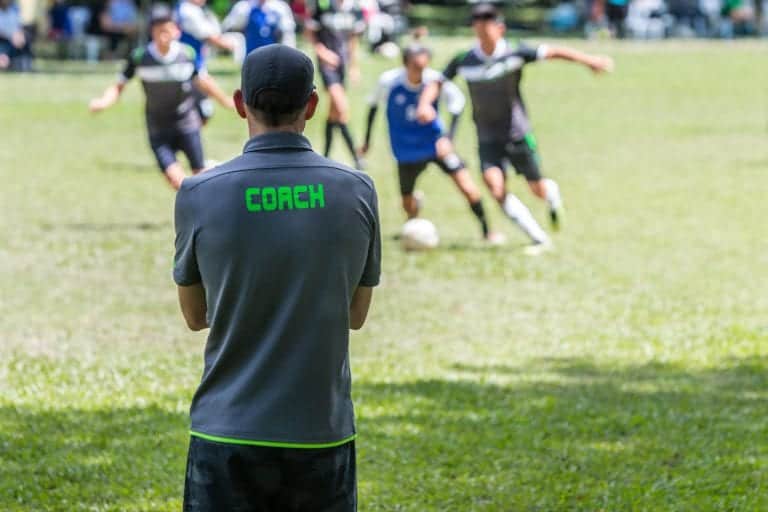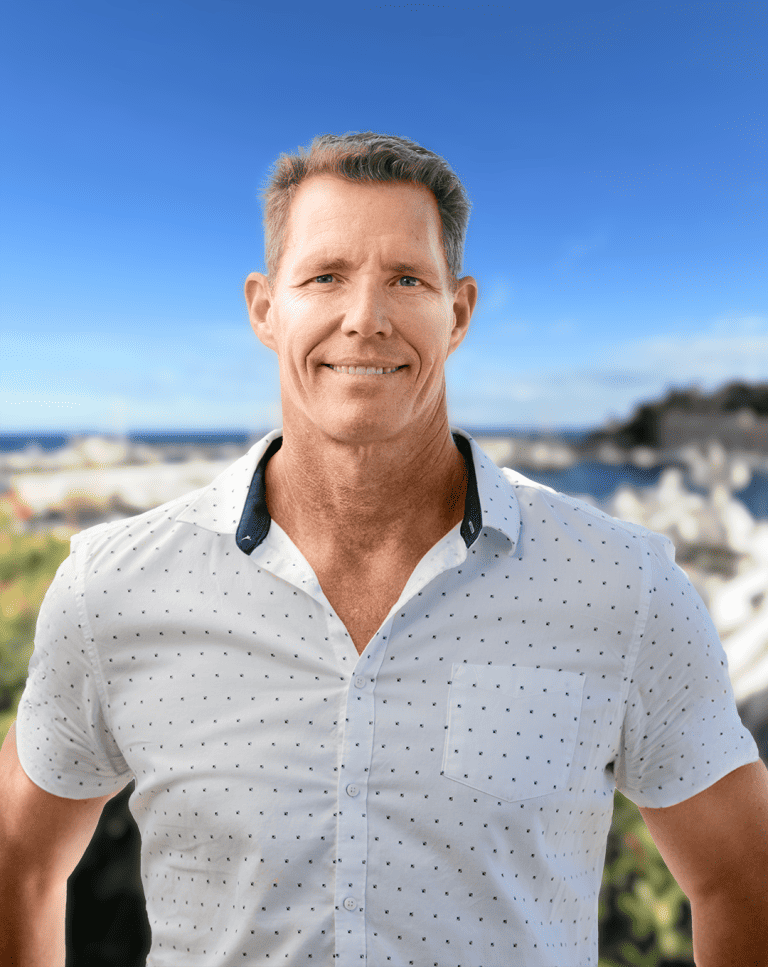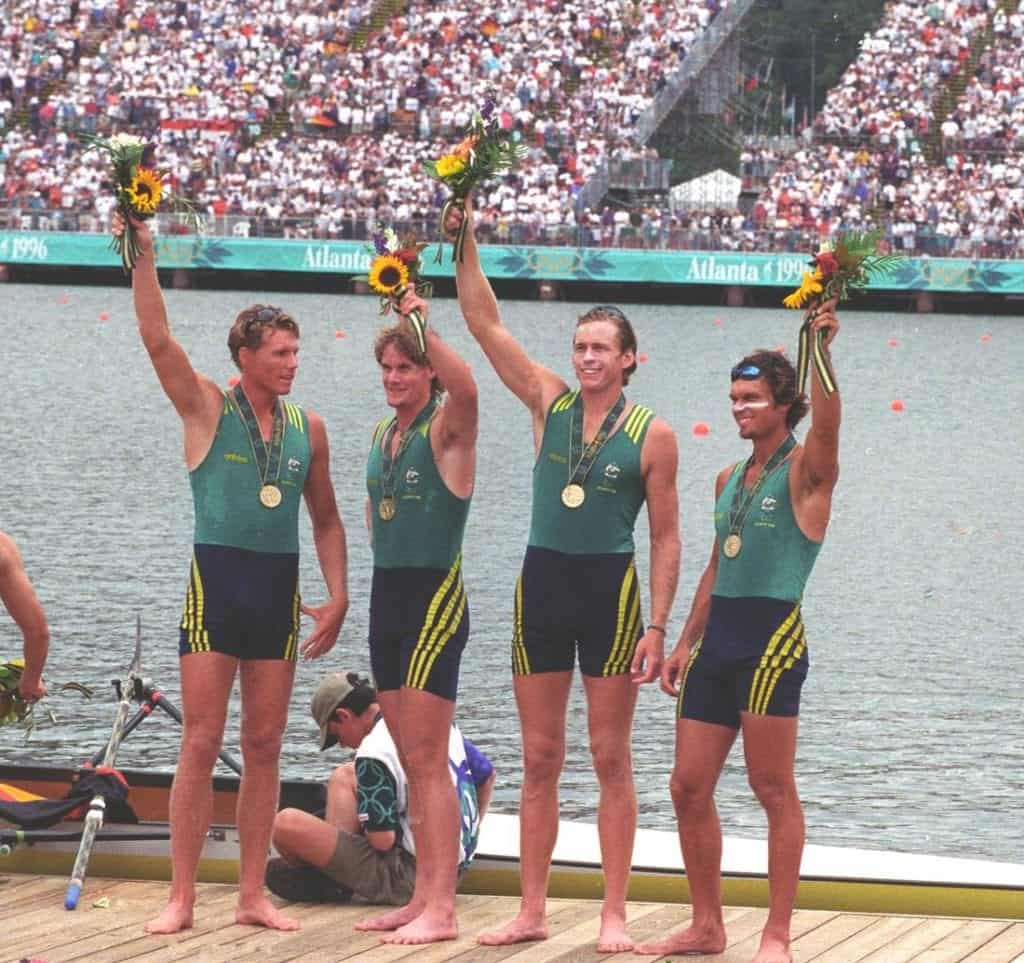Top Coaches Have a Coaching Philosophy, Do You?
Find a phenomenal coach with a wealth of experience (and full trophy cabinet), and ask them what their coaching philosophy is. They will immediately provide you with a succinct account of what principles they adhere to and the standards they hold. Ask a mid-career coach with a developing reputation the same question, and they’ll likely articulate their vision and how it’s evolving. Ask a fledgling coach and they will look at you quizzically and shrug their shoulders.
A coaching philosophy is a set of values and beliefs, which determine why and how you behave as a coach. It is developed from your values, personal experiences, the knowledge you have accumulated, and your coaching style. All of this directly impacts your coaching practices.
“When you have clarity about ‘what you are all about’, decisions and what actions to take become clear and are consistent.”
– Bo Hanson
St. John’s University New York’s Assistant Professor Dr. David P. Hedlund knows the benefits of a well-developed coaching philosophy, both from an academic perspective and from his personal experience as an international soccer player and coach.
“The nuances that comprise coaching philosophies are subtle and complex but all are integral to the success of a coach.”
A clear philosophy creates consistency in your approach, enables you to prioritize those areas which create your desired results, and easily make high quality decisions and actions. This consistent behavior during practices and competition also develops the trust and respect vital for a quality coach-athlete relationship. As we know from the Olympic research, this relationship is critical and a significant determining factor in achieving athletic success (measured by medals and PB’s).
In Dr. Hedlund’s ‘Theories and Techniques of Effective Coaching’ class, developing the student’s coaching philosophy is a key component of the curriculum, along with topics such as understanding one’s coaching objectives relative to the organization, team and athletes; preparation as well as practice and demonstration of the ability to develop and evaluate the technical and practical aspects of coaching.
“I have gained a reputation among students as a professor that provides hands on activities and assignments, using coaching practice plans and CoachDISC in order to write one’s own coaching philosophy.”
The class uses the CoachDISC Profile assessment to understand their coaching style and preferences, together with the Athlete Assessments’ Your Coaching Philosophy Workbook as their guide. This workbook progresses through five key steps on the path to articulating their own coaching philosophy. This can take varying amounts of time, from thirty minutes to numerous hours, depending on how thoroughly you review each step.
Your Coaching Philosophy Workbook guides the coach through five key steps:
- What is most important to you
- Learn from your own experiences
- What is your Coaching Style
- Discover your Coaching Philosophy
- Keep it visible and alive
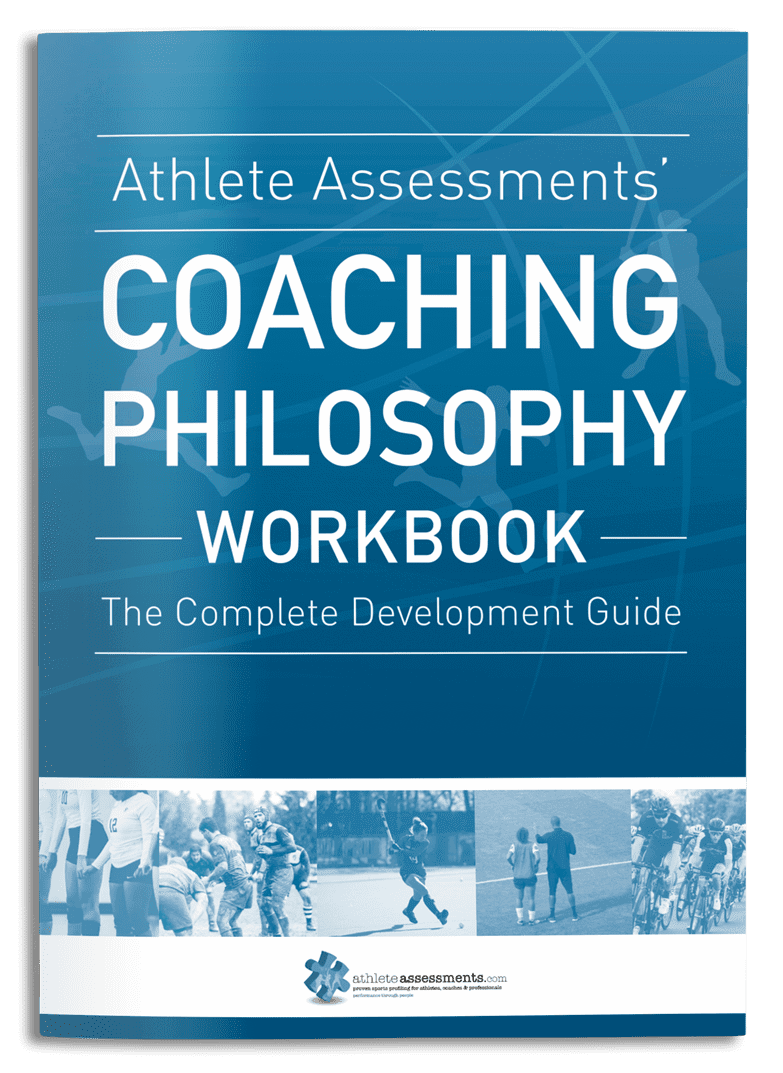
“In terms of the activities related to CoachDISC and writing their own coaching philosophy, I consistently receive feedback on student evaluations which suggests that in many cases, these types of activities are among the best activities students are required to complete during their tenure as a student.”
“I know what it would take for me to become a better person as well as a better coach. Before I thought coaching was just knowing how to play Basketball, but it’s more than that, it’s understanding others, being able to listen, and knowing what your objectives are.”
– Direct quote from one of Dr. David P. Hedlund’s students
This article was featured in our latest People+Sport Magazine: Education and Professional Development Edition which is available to read online here.
Looking to Develop Your Own Coaching Philosophy?
At Athlete Assessments, we’re here to provide you with excellence in service and here to help you be your best. If there is anything we can assist you with, please Contact Us.
Recommended Articles
Defining a Sport Coaching Philosophy is as critical for sports Coaches as it is for business and industry leaders to define their leadership philosophy. It is key for successful coaching.
When we look at leaders in any endeavor, we often see their success critically defined by their leadership philosophy, and when it comes to sport coaches it is exactly the same. Having a defined coaching philosophy is key to effective coaching (and leadership), but the process of developing and understanding your own philosophy is often sidelined. When your team relies on your performance as a coach as much as they do on technical execution for achieving a winning outcome, this process is a priority.
At Athlete Assessments, we have found that our readers have a great interest in the coaching philosophies of other Coaches. And why wouldn’t they? Now you can benefit from the philosophies other Coaches have shared with us. You might find these useful in developing or further defining what your own coaching philosophy is. Or you might simply be interested in reading examples of coaching philosophies from other sports Coaches. Please contribute your coaching philosophy too! There is a form at the bottom of the page where you can contribute!
Understanding the importance of sport and exercise psychology is paramount to getting better results on the field, in the pool or on the court. Often though, coaches find the topic daunting and therefore put it in the “too hard” basket. Other coaches employ the services of a sport psychologist to assist their athletes and miss important benefits of a holistic coaching approach. In this article, we define what sport psychology is and what aspects are best incorporated into training and competition day by the sports coach.


